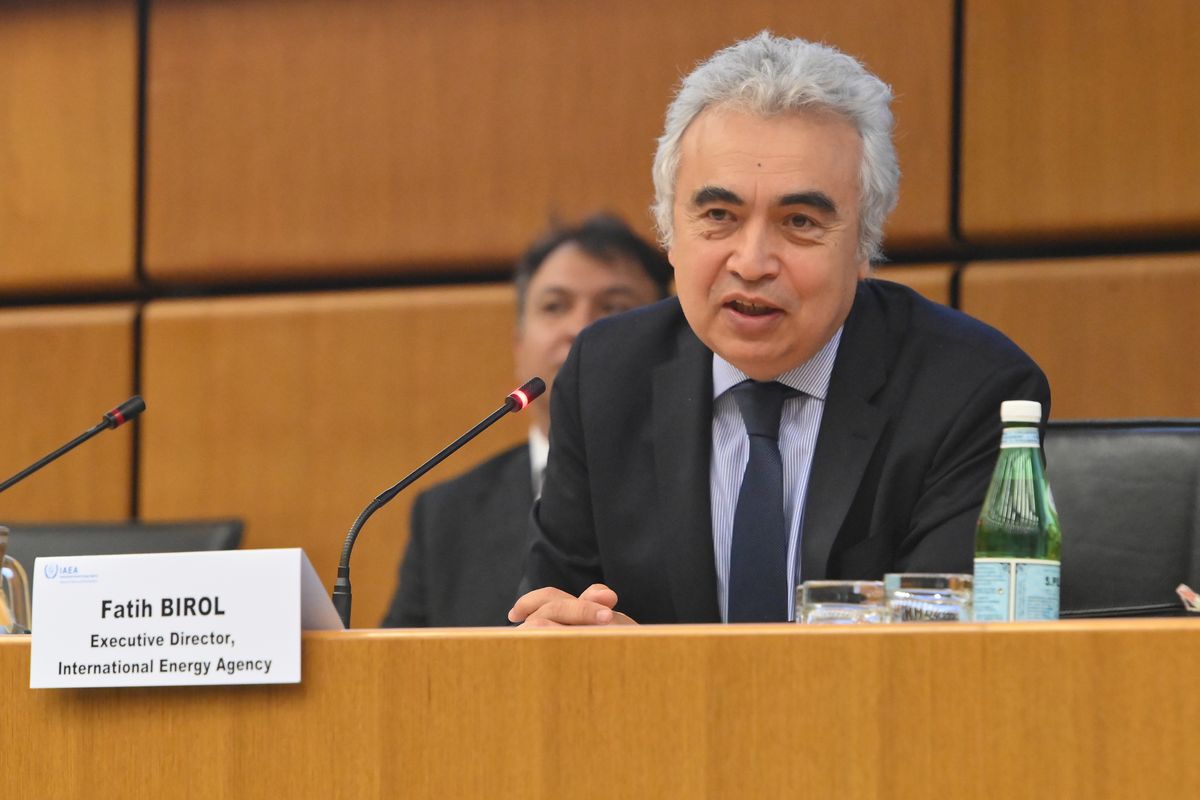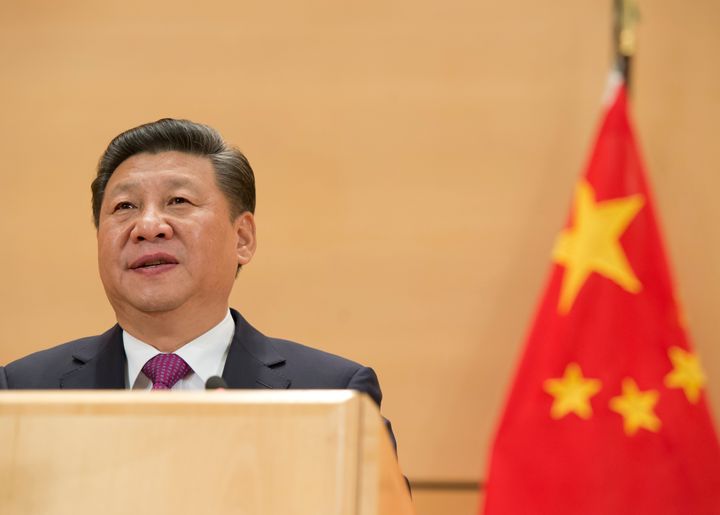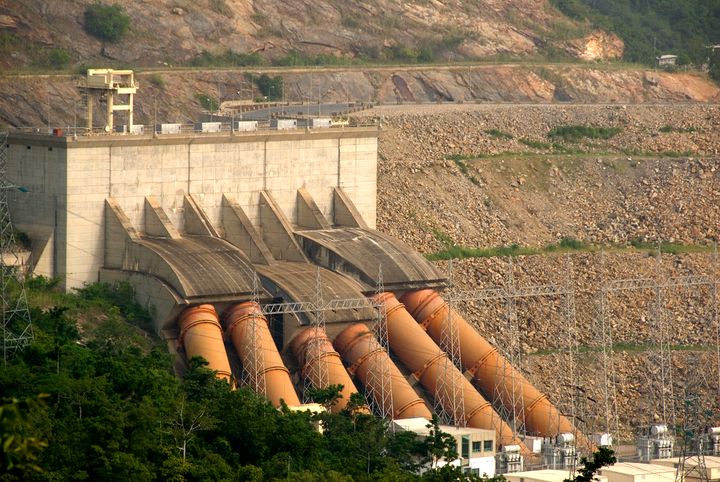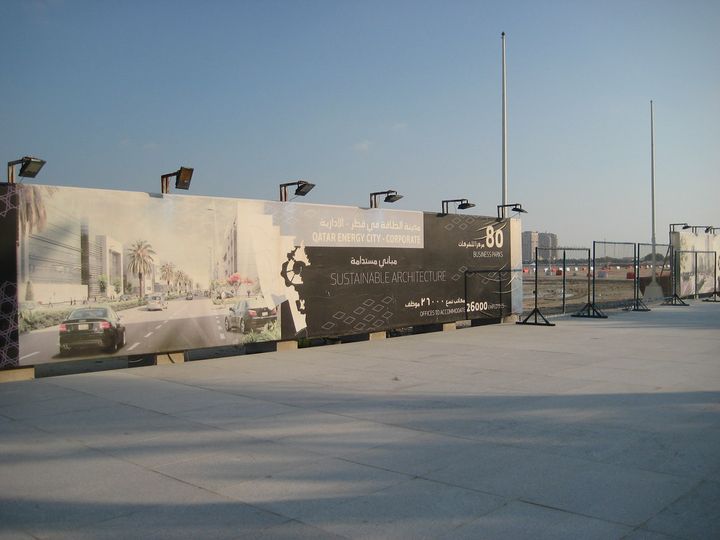China Could Surpass Europe in LNG Demand, IEA Chief

Increasing demand for liquefied natural gas (LNG) from China could pose challenges for European Union LNG buyers before the next winter, Upstream Online reported based on the International Energy Agency Executive Director Fatih Birol.
Speaking to the European Parliament Committee on Industry, Research, and Energy on Thursday, Birol noted that China is a strong LNG buyer with significant financial resources and a rebounding economy.
Birol repeated his warning that Europe could face a greater risk to its energy security if the 2023-2024 winter is colder than the last one and sees a more pronounced demand for LNG cargoes from Chinese buyers.
“Nobody can guarantee that next winter will be as mild as this winter. Therefore, we should not be too overconfident but get ready for the next winter,” he said noting new LNG capacity coming to the global market this year is one of the lowest, marking a bit higher than 20 billion cubic meters.
S&P Global, an energy consultancy, has conducted research indicating that the new liquefaction capacity which will be available online in 2023 is expected to be even lower than what was previously estimated by the IEA.
According to Tom Purdie, Senior Gas Analyst at S&P Global Commodity Insights, the estimate of additional LNG supply potential for Europe and China is significantly lower than the IEA's previous forecast of 23 BCM.
Last year, Europe's liquefied natural gas imports received a boost due to weak demand in China, combined with the country's expanding domestic coal and gas production.
This resulted in volumes of LNG, originally intended for China, being resold to Europe during the first half of 2022. These totaled over 4 million tons, accounting for approximately 7% of Europe's total LNG imports, CSIS reported.
But if China faces a strong economic recovery in the coming year, it could lead to a tightening of the oil and liquefied natural gas markets, which may reignite concerns around energy security in Europe and other parts of the world.



